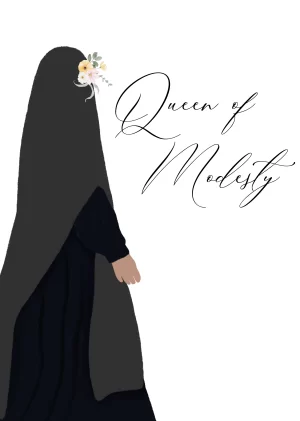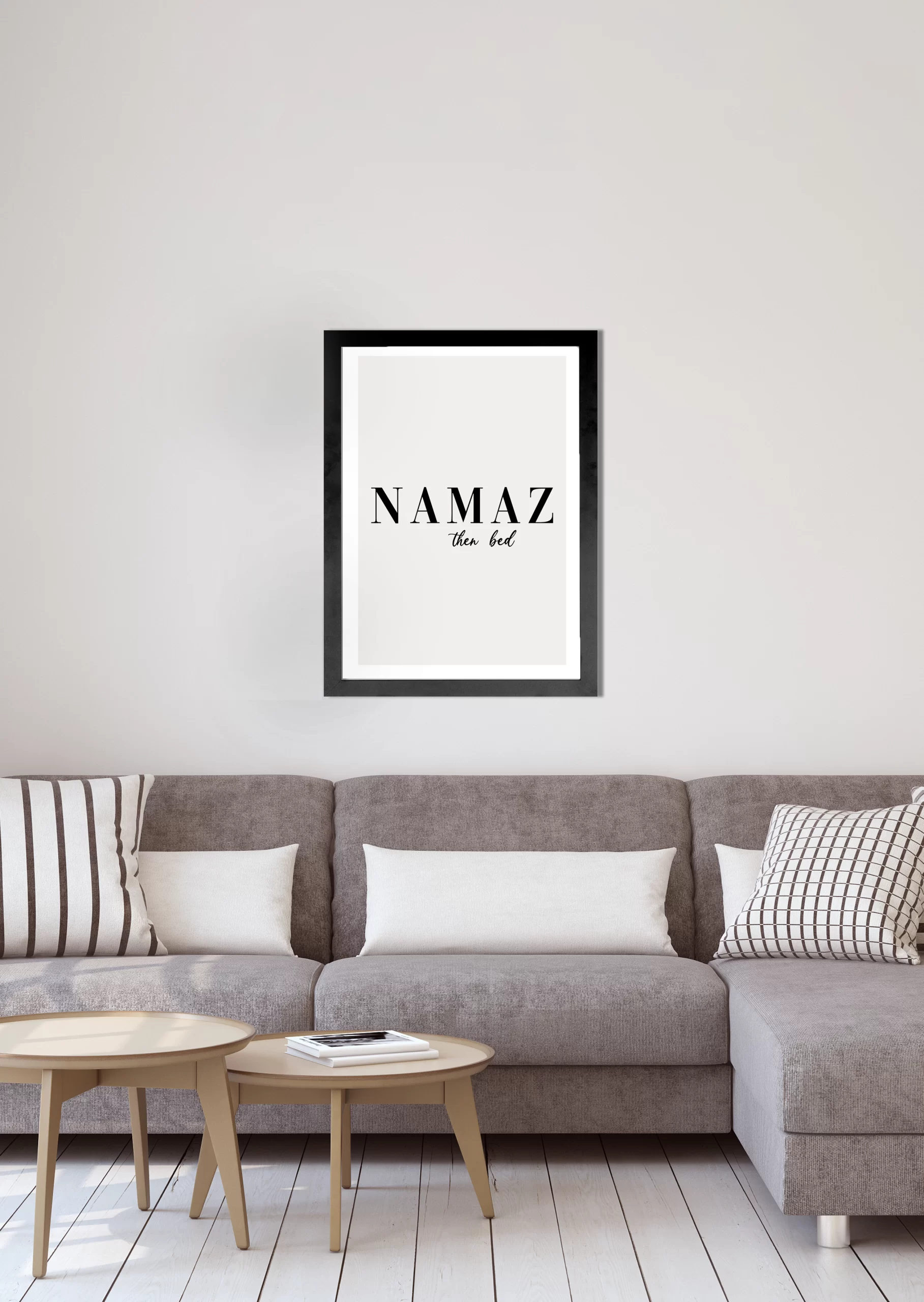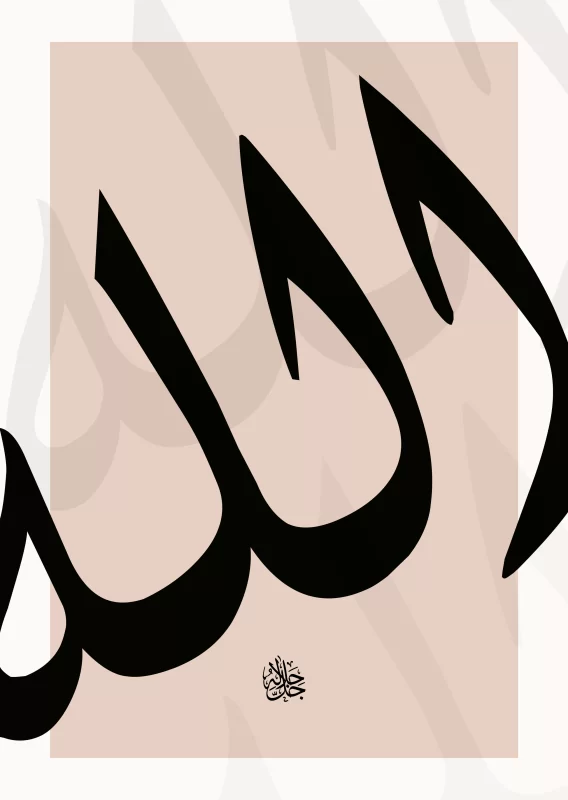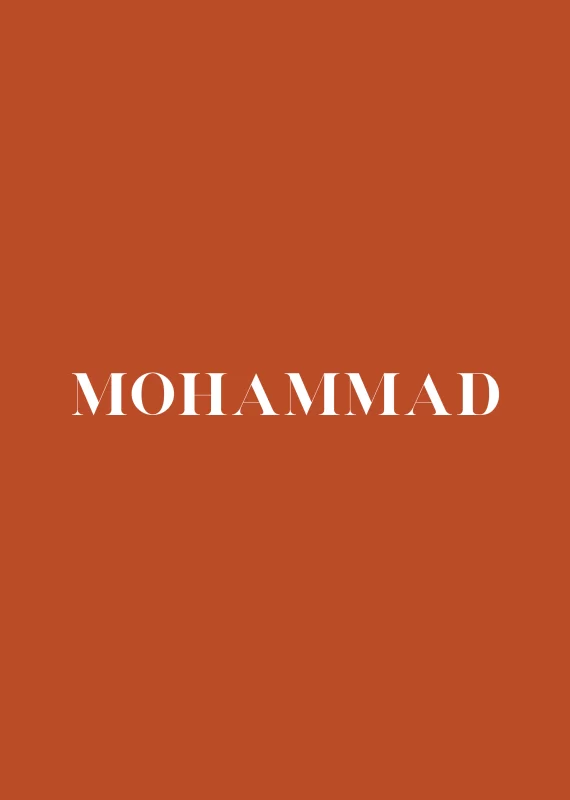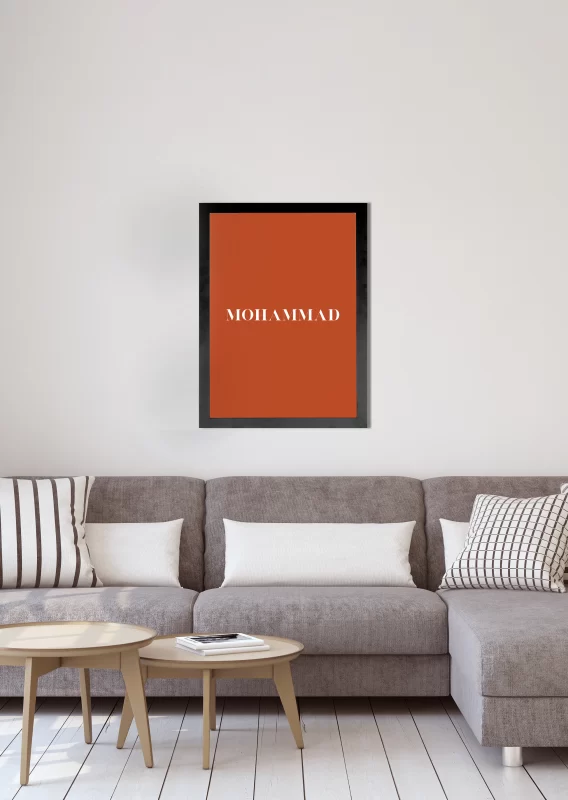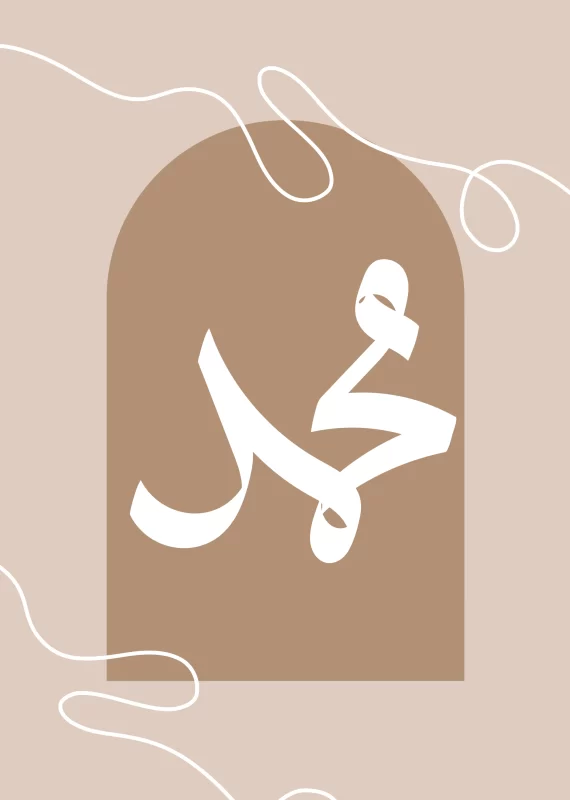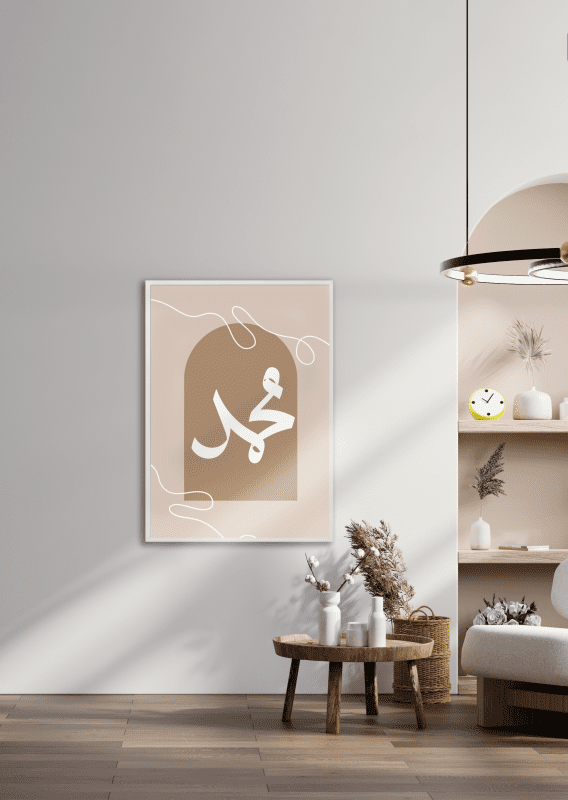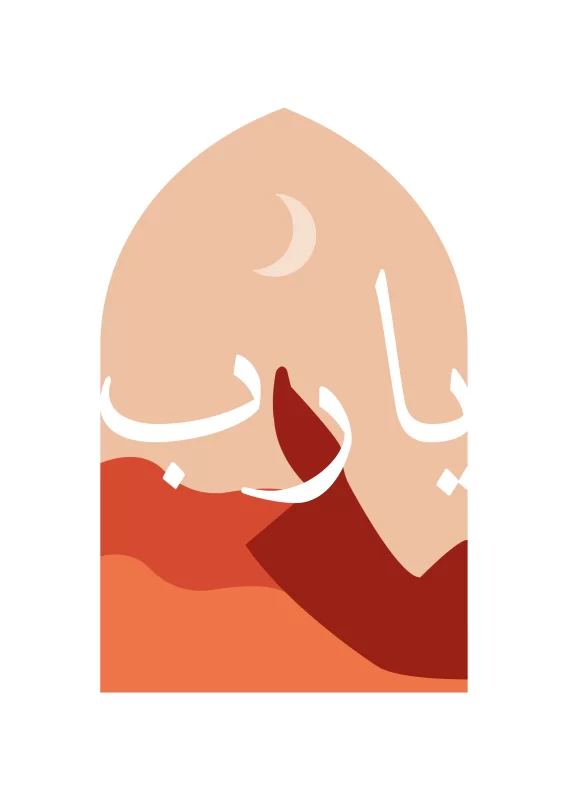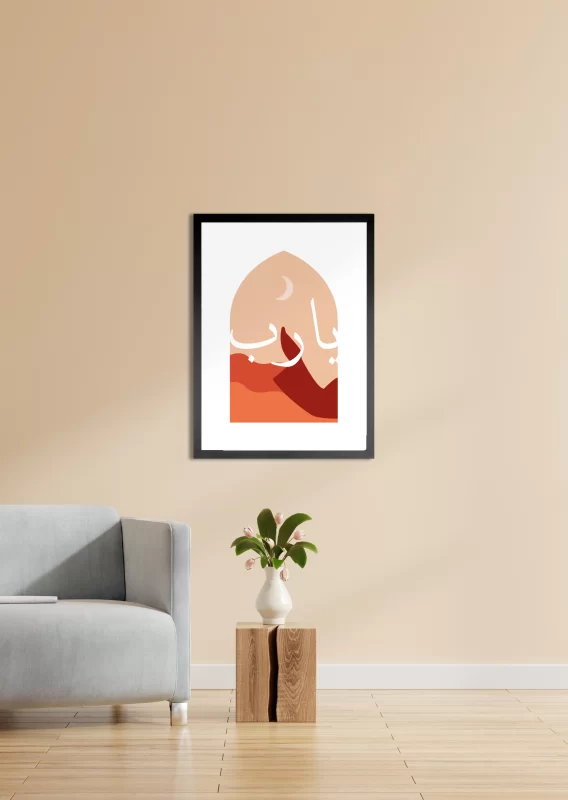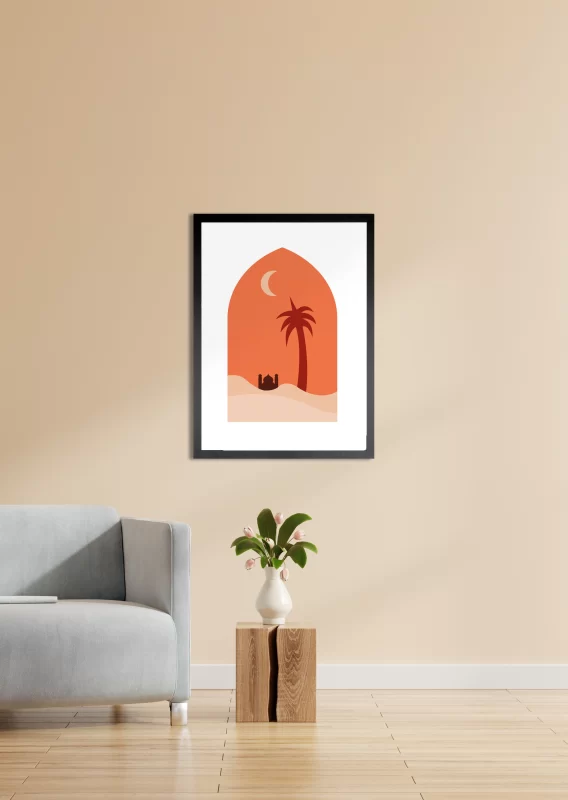Namaz then bed
All our posters are unique and designed and edited especially for Islamique.eu.
Artwork is made with a lot of love, please respect the designer and don’t copy or
Replicate without written consent from Islamique.eu.
We print on 240 grs. Artist grade poster paper.
The paper is thick and has a long durability.
The whiteness of the paper brings the colours to live.
Shipment is in a cardboard tube, be Carefull with extracting the poster from the tube.
€13.50 – €114.16
EAN : 6151313665647
